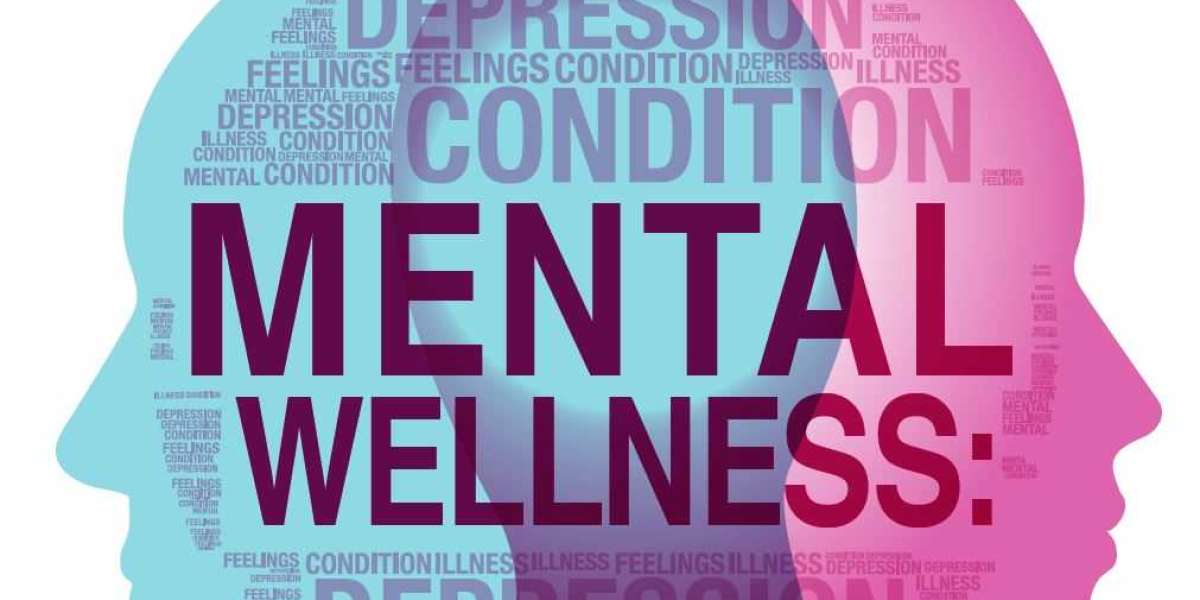Addiction and mental health are closely related, as many people with a mental illness have a substance use disorder. They both are brain disorders that impact the way a person thinks and feels.
In fact, more than 9 million adults have a co-occurring mental health disorder and substance abuse. These people have a higher likelihood of homelessness, jail time, medical illness and suicide.
The History of Addiction
Addiction is a chronic medical disease that combines complex interactions among brain circuits, genetics, environment and an individual’s life experiences. It involves the pathological pursuing of reward and/or relief through substance use or other behaviors.
Compared to historical beliefs, addiction is now understood as a disease characterized by a primary disorder in brain reward, motivation, memory and related circuits. Behavioral therapies and medications are essential to treat the disease.
There are many different types of treatment for addiction, but they all focus on the individual’s unique needs. Behavioral therapies, such as group, family and individual therapy, are often used to help an addicted person develop and practice new, healthy coping skills.
As a result, treatment programs are now highly successful at helping addicts recover and live happy, productive lives. In addition, research has shown that addressing co-occurring disorders during treatment is vital for the recovery process. This is called integrated treatment. It allows a healthcare professional to assess an individual for both substance abuse and mental health issues simultaneously.
Co-Occurring Disorders
About half of those who battle substance use disorders also have a mental health problem, which is called a co-occurring disorder. However, only 7 percent of these people receive treatment for both conditions.
A co-occurring disorder can interfere with a person’s ability to live a healthy and productive life. It can limit their access to jobs, housing, relationships, and social opportunities.
Researchers believe that genetic factors and environmental factors like trauma and family patterns may increase the likelihood of developing both a substance abuse problem and a mental illness.
It isn’t always easy to determine whether the mental issue or the addiction came first, but it’s important to remember that a person needs to receive integrated treatment for both. Otherwise, it’s likely that the mental issue will worsen or the addiction will return, making recovery difficult.
Treatment
People with substance use disorders (SUD) often build up a tolerance for a substance -- a higher amount of a drug or alcohol is needed to feel its effects.
In addiction, this builds to a point where the person's ability to function in daily life is impaired. It's usually accompanied by mental health problems and sometimes, even death.
Treatment for both substance use and mental health problems is often a combination of behavioral therapies and medications. Medications can help to reduce withdrawal symptoms and other side effects that come with stopping a substance, as well as prevent relapses.
Counseling is another important part of treatment. It may include cognitive-behavioral therapy, which helps people recognize and change ways of thinking that have associations with drug or alcohol use.
There are also specialized treatments for people who suffer from chemical dependence, such as detoxification and group therapy. These programs offer medical management for acute intoxication and withdrawal, as well as assessment, stabilization of psychiatric problems, and counseling.
Prevention
Addiction is a serious disease, just like heart disease or diabetes. But, like other diseases, it can be prevented with preventive strategies and policies.
The most effective prevention strategies are based on research. They focus on reducing risk factors that contribute to substance use, while increasing protective factors known to protect people and reduce their likelihood of developing a disorder.
For instance, children who grow up in homes where drug abuse is not a common occurrence or where there is a close, loving relationship with their parents/caregivers are less likely to develop an addiction.
In addition, families who have access to health care and resources are less likely to become addicted to drugs or alcohol.
Prevention strategies are found at all levels of the behavioral health continuum. They include universal, selective and indicated prevention programs.







